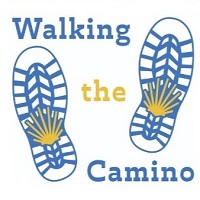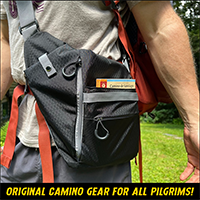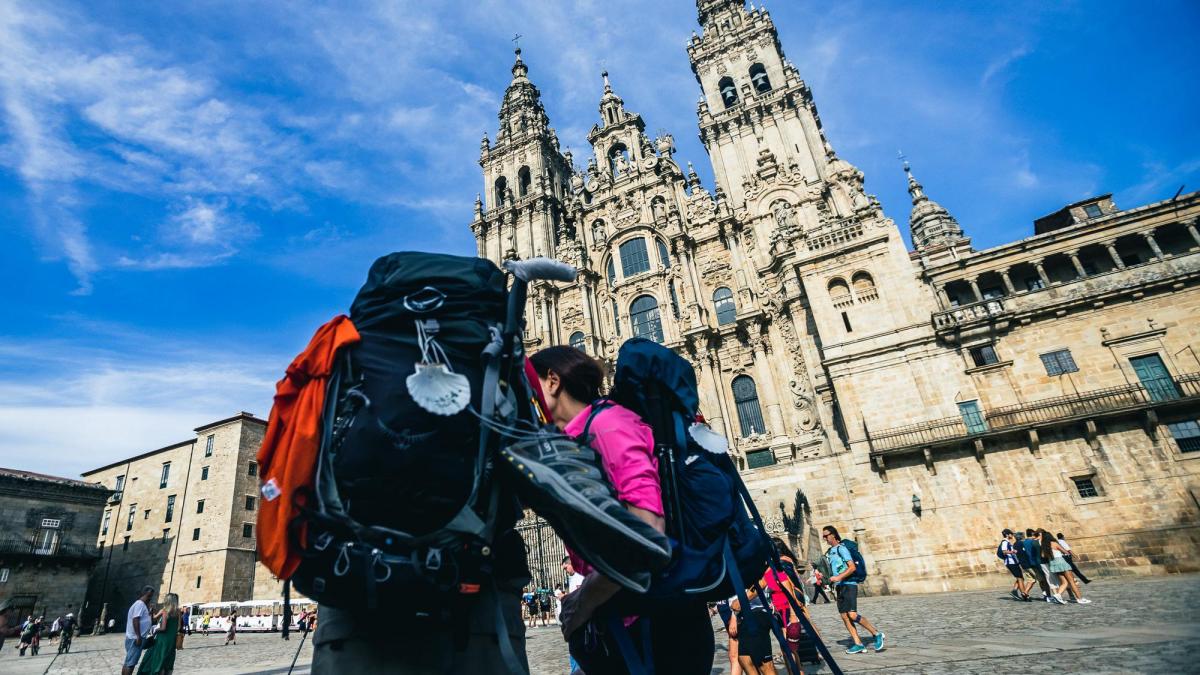neilhendrick
Solvitur Ambulando
- Time of past OR future Camino
- Camino Norte (2019), Camino Primitivo (2023)
I'm planning my second Camino for this summer. On my first Camino in 2019 I had the pleasure of staying in some Donativos, privately run albergues where things were a little different than the public albergues. I'd like to plan out some of my trip, and I'm pretty flexible about where I go. I am hoping that somewhere there is a definitive list of ALL of the donativos. If not, maybe I'll make one. Please share any information available on Donativos.
I guess while I'm poking around this, is there a definitive list of ALL of the public Albergues? I think there must be since it's something that is government supported. I would be happy to hear where I can find that list as well.
Thanks, and Buen Camino.
I guess while I'm poking around this, is there a definitive list of ALL of the public Albergues? I think there must be since it's something that is government supported. I would be happy to hear where I can find that list as well.
Thanks, and Buen Camino.








